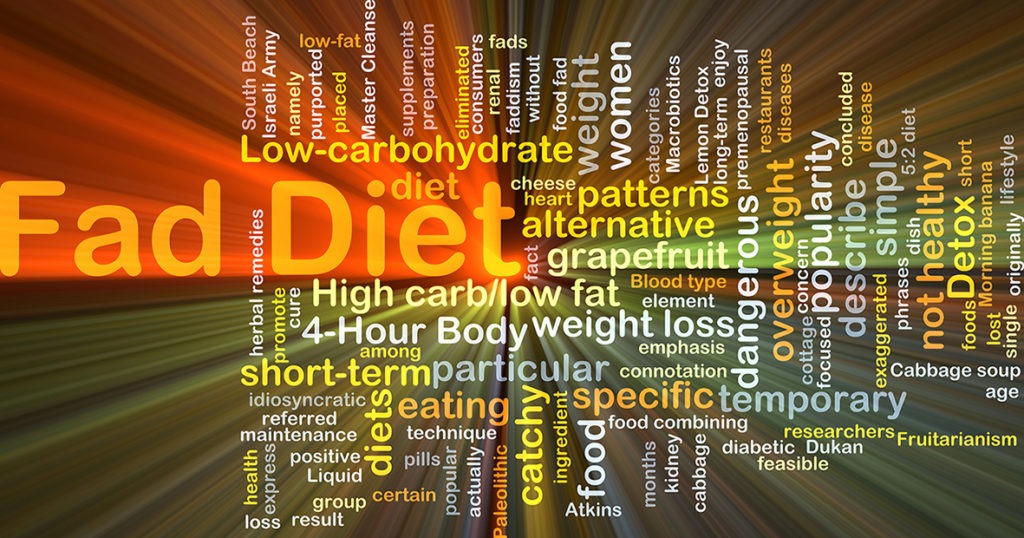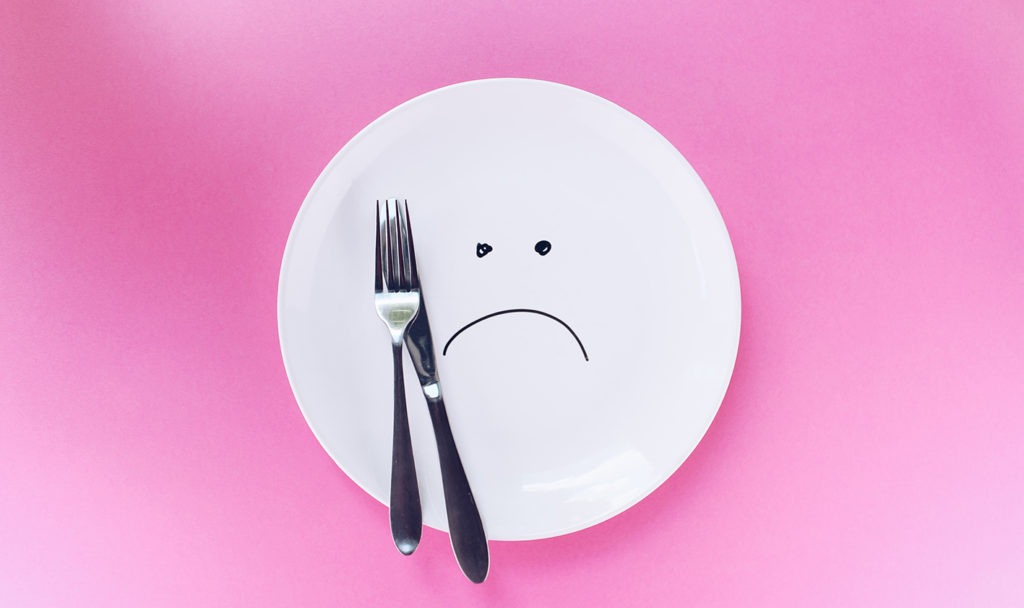Trending tweets push dodgy fad diets
Dietitians are highlighting the need for health professionals to be social media-savvy and to reshare their colleagues’ posts to help tackle nutrition misinformation online. This comes as new research presented at the 2021 Dietitians Australia National Conference uncovered how retweeting is the greatest amplifier of posts about fad diets on Twitter.
Social media platforms continue to transform the way we communicate. Accredited Practising Dietitian and University of Wollongong PhD student Melissa Eaton decided to undertake a study that explored how people talk about fad diets on Twitter.
“While social media is a way we connect online, we found that those who use Twitter mostly reshared ‘fad diet’ posts, rather than talking to each other about the diet,” Eaton says. “Even for those who had just a few followers, retweeting allowed their message to be shared far and wide. This shows that the messages we post on social media have the power to influence more people than we realise.”

Consider the credibility
Along with a team of researchers, Eaton examined online conversations about fad diets. These are defined as diets that promise quick weight loss with minimal effort. This is mostly through the restriction of macronutrients (protein, carbs and fats) or certain foods, rather than encouraging sustainable, long-term dietary change. Health and nutrition are some of the most common topics on which misinformation is reshared. And as fad diets can make unreasonable but attractive health claims, they’re a prime vehicle for likes and reshares.
“Social media allows global communities to easily connect and share views on things they’re passionate about,” Eaton says. “Given how easy it is to share messages through retweeting, it’s important to take a moment to consider the credibility of a message before reposting.”
While there might be evidence to support the use of a certain diet for a particular group of people, such as those with allergies, coeliac disease or diabetes, it becomes an issue when restrictive diets are promoted as a ‘cure-all’ way of eating for the general population.

Fad diets get you down
Eaton’s study also found an association between mental health and online posts about fad diets. This includes a potential link between restrictive diets and poorer mental health.
“While more data is needed to better understand this link, it highlights that it’s important for influencers to encourage their followers to seek information that’s right for their health, rather than following the blanket advice of others,” Eaton says.
When reading nutrition information on social media, Eaton shares this advice: “Be sure to follow those with qualifications in nutrition and dietetics. And steer clear of posts that promote ‘quick-fixes’ and encourage things like detoxes and ‘cure-all’ diets,” she says. “But at the end of the day, we all have individual health needs. So it’s best to seek nutrition information that’s tailored to you from an Accredited Practising Dietitian.”









